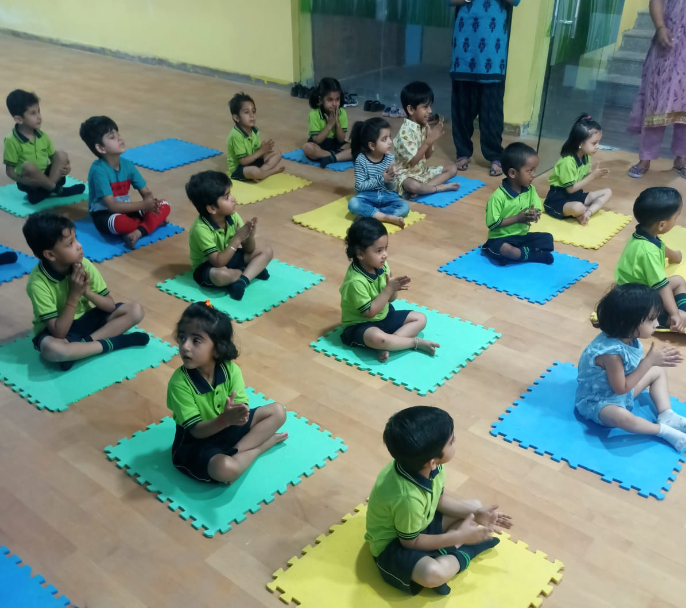In today’s fast-paced world, ensuring that children have a solid foundation for future learning is paramount. Junior Kindergarten plays a pivotal role in this developmental journey, serving as a critical stepping stone between early childhood education and formal schooling. By focusing on play-based learning, this stage introduces children to essential social, emotional, and cognitive skills that lay the groundwork for academic success.
Understanding Junior Kindergarten
A Junior Kindergarten is designed for children typically aged 4 to 5, bridging the gap between pre-nursery and formal Kindergarten. During this phase, children engage in a variety of activities that promote exploration and discovery. Unlike traditional education models that prioritize rote learning, Junior Kindergarten emphasizes play-based learning, allowing children to learn through interaction and experience. This approach fosters creativity and critical thinking, vital skills for success in later years.
The Benefits of Early Learning
The benefits of enrolling children in Junior Kindergarten are manifold:
- Social Skills Development: Children learn to interact with peers, share, and cooperate. These social skills are crucial as they transition to the more structured environment of Kindergarten.
- Cognitive Growth: Through hands-on activities and kindergarten activities, children develop problem-solving skills and begin to understand concepts such as numbers and letters. This cognitive engagement prepares them for nursery learning and beyond.
- Emotional Readiness: Early exposure to a classroom environment helps children manage their emotions and understand the feelings of others. This emotional intelligence is vital as they progress through their educational journey.
- Fostering Independence: Junior Kindergarten encourages children to make choices and take initiative. This independence is a critical factor in their confidence as they move to more advanced learning environments.
Transitioning from Pre Nursery to Junior Kindergarten
For many families, the transition from Pre-Nursery Classes to Junior Kindergarten can be a significant step. Pre-nursery typically focuses on introducing children to basic concepts through play, but Junior Kindergarten builds on that foundation. Parents can facilitate this transition by encouraging social interactions, exposing children to new environments, and maintaining open communication with educators about their child’s progress.
Importance of Play-Based Learning
Play-based learning is at the heart of Junior Kindergarten, where children engage in imaginative play and hands-on activities. This method not only makes learning enjoyable but also enhances the retention of information. Through play, children practice skills such as:
- Language Development: Engaging in conversations and storytelling boosts vocabulary and comprehension.
- Fine Motor Skills: Activities like drawing, cutting, and building strengthen hand-eye coordination.
- Critical Thinking: Problem-solving games and puzzles challenge children to think critically and develop strategies.
Preparing for Kindergarten
As children progress from Junior Kindergarten to pre-kindergarten ages, they are better prepared for the challenges of formal schooling. They enter Kindergarten with a strong foundation in social and academic skills, making the transition smoother. With a focus on nurturing well-rounded individuals, Junior Kindergarten sets children up for lifelong learning and success.
Conclusion
In conclusion, Junior Kindergarten is more than just an educational milestone; it is a transformative experience that lays the groundwork for future success. By fostering essential skills through Play-Based Learning and creating a supportive environment, children are equipped to thrive as they move on to nursery learning and beyond. Investing in Junior Kindergarten is investing in a child’s future, ensuring they are ready to embrace the challenges and opportunities of the educational journey ahead.


